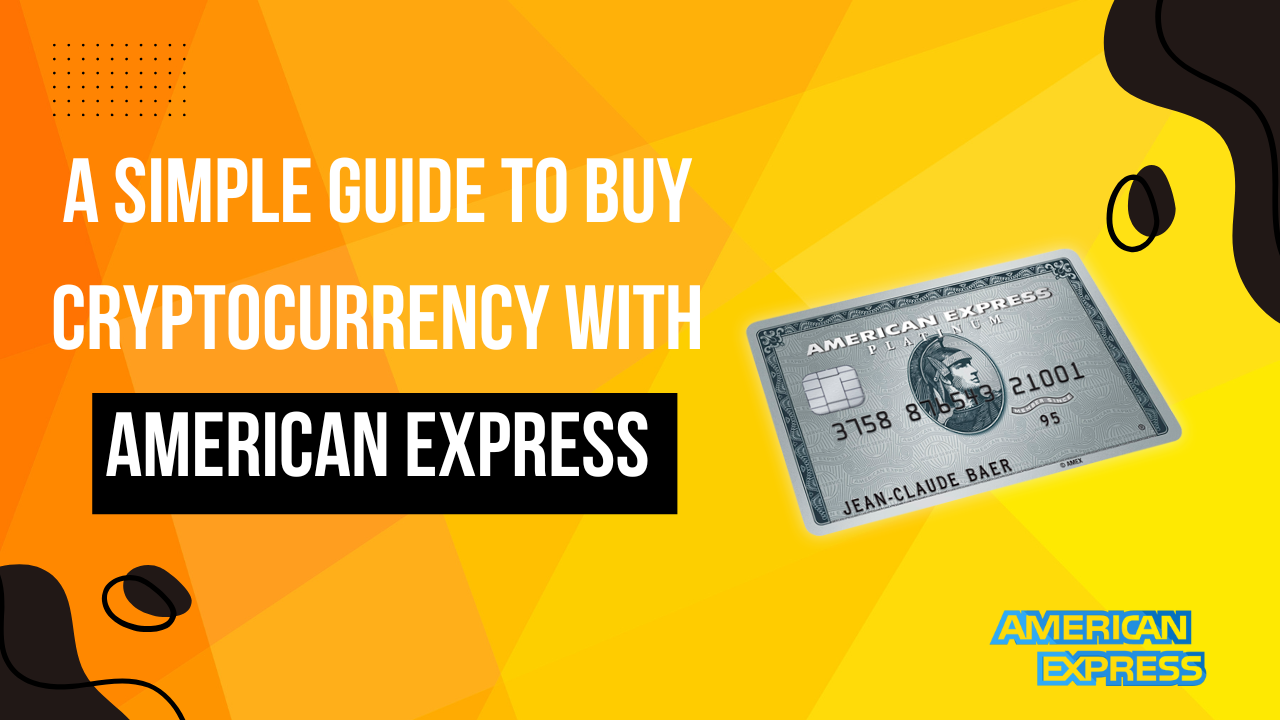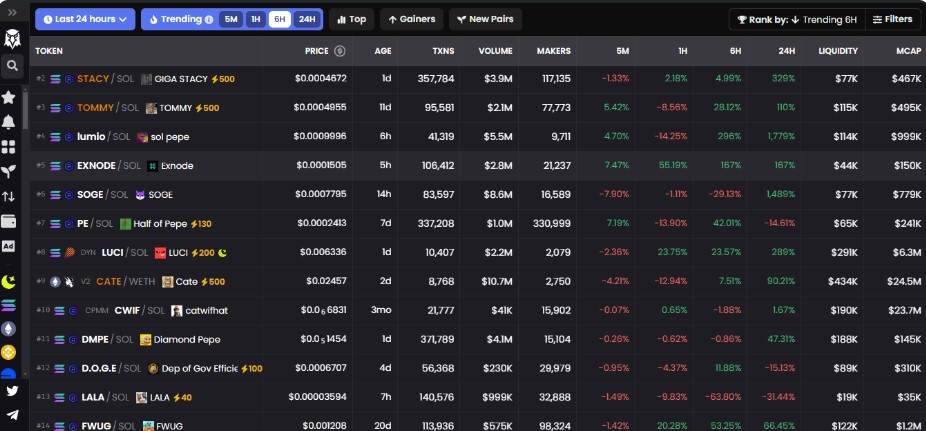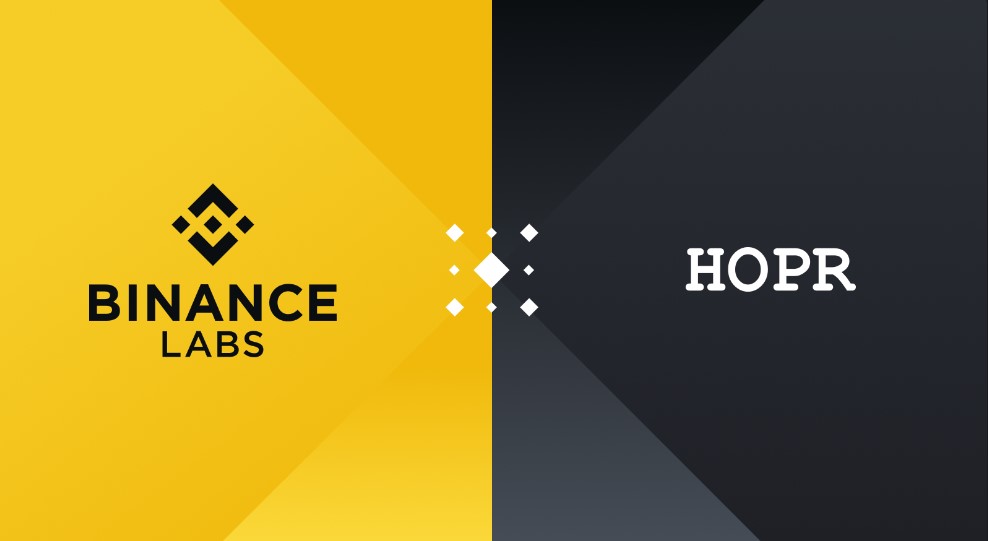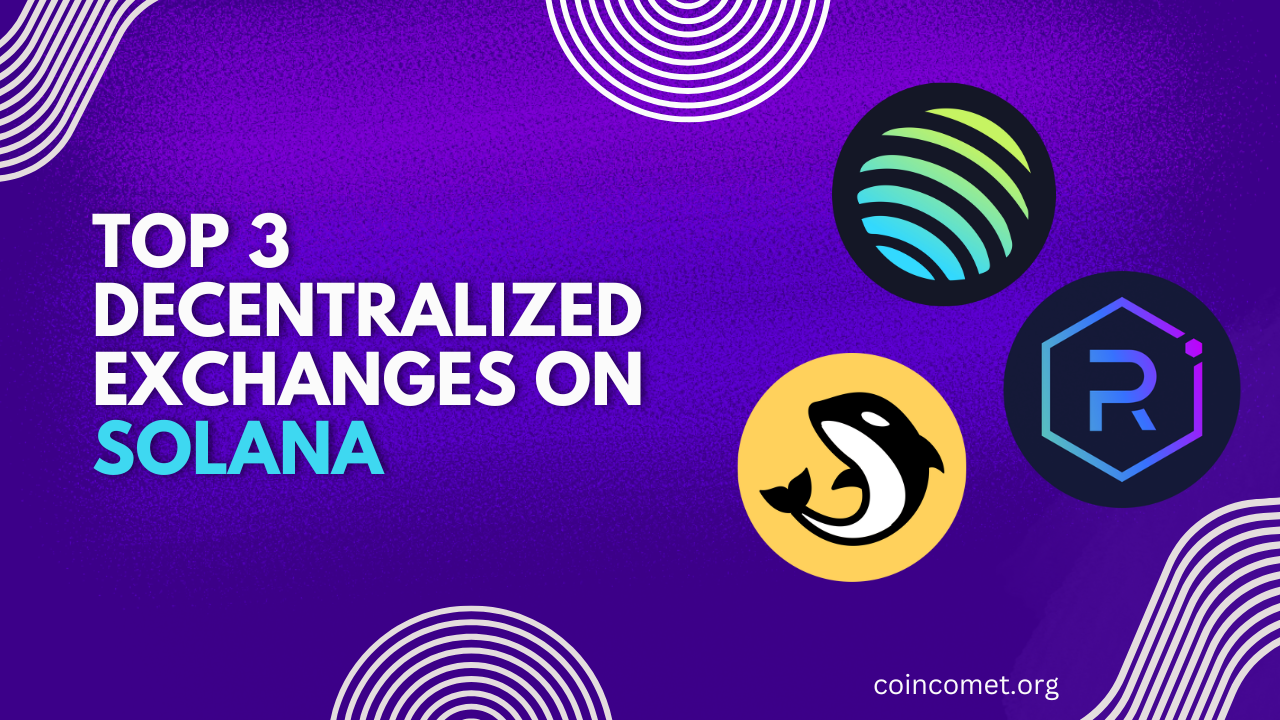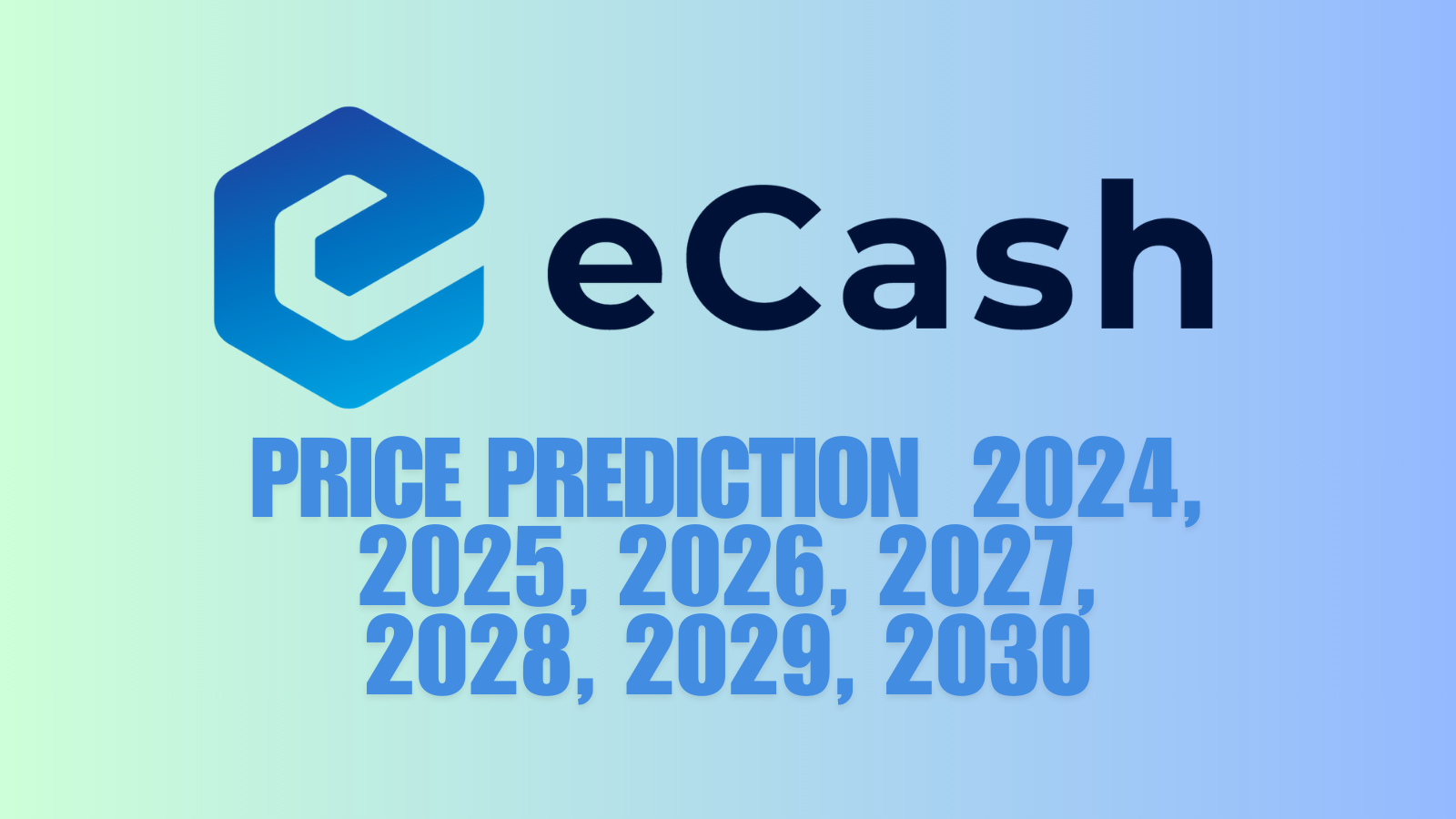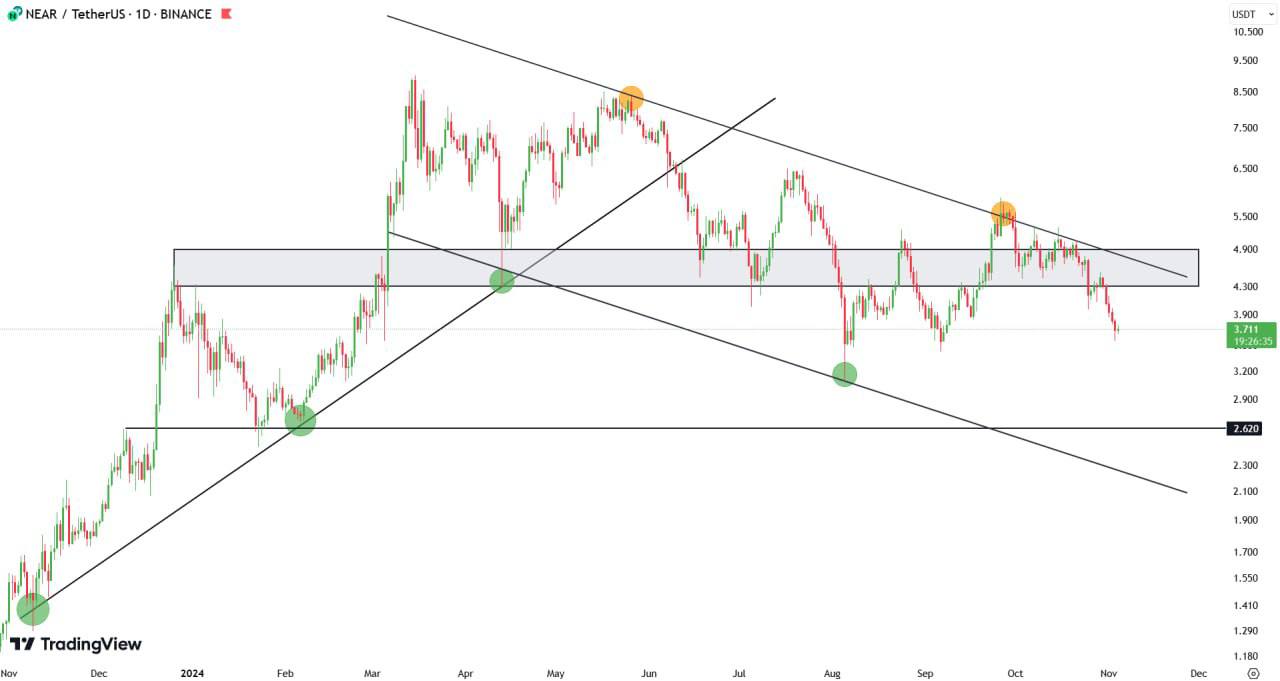Best Crypto Exchanges in 2024: Choosing the right crypto exchange can be challenging but is essential for a positive trading experience. In 2024, Binance stands out as a top choice due to its robust security features and extensive cryptocurrency selection, although access may be limited in certain regions.
Bybit and OKX are also strong contenders, offering innovative tools and a diverse range of altcoins. For traders in the U.S. and Canada, Coinbase and Kraken are recommended, prioritizing safety and regulatory compliance to ensure secure trading.
Key Takeaways
- Centralized exchanges like Binance and Coinbase handle about 90% of all trades1.
- Decentralized exchanges are more open but might have less money to trade1.
- Exchanges are getting better at keeping your money safe, with things like offline storage and insurance1.
- Fees and what you can buy vary a lot, with Coinbase, Kraken, and Crypto.com being some of the best3.
- It’s important to think about rules and where you can use an exchange2.
Introduction to Crypto Exchanges
Centralized vs Decentralized Exchanges
The world of cryptocurrency trading has two main types: centralized crypto exchanges (CEXs) and decentralized crypto exchanges (DEXs)4. Centralized exchanges are run by one company, making it easy to switch money into cryptocurrencies. But, they can be risky due to hacking and lack of clear information4. Decentralized exchanges, on the other hand, spread out the responsibility for trades, making things more transparent but less easy to use.
Each type has its own good and bad points4. Places like Coinbase, Kraken, and Robinhood are great for newbies because they’re simple. But, places like Bisq focus more on keeping things private and letting people trade directly with each other5. So, whether to choose a centralized or decentralized exchange depends on what matters most to you, like safety, ease of use, or specific features.
| Centralized Crypto Exchanges (CEXs) | Decentralized Crypto Exchanges (DEXs) |
|---|---|
| Managed by a single organization Offer easy fiat-to-crypto conversion Potential risks of hacking and lack of transparency Examples: Coinbase, Kraken, Robinhood | Distribute responsibility for trades across a network Increase accountability but less user-friendly Prioritize privacy and peer-to-peer trading Examples: Bisq, Uniswap, Compound |
As the world of cryptocurrency grows, knowing the difference between centralized and decentralized exchanges is key for investors and traders456.
Top Crypto Exchanges for Beginners
For beginners entering cryptocurrency, choosing a right platform is essential for a smooth and secure start. The best crypto exchanges for newcomers offer user-friendly interfaces, educational resources, and strong security, making buying and selling straightforward. These tools also help beginners understand how the crypto market works, which is a big advantage for those just starting.
One key factor in choosing an exchange is regional availability. Different platforms have specific rules depending on the country, which can affect access. Some exchanges cater to a global audience, providing users everywhere with the same features and liquidity. For beginners, this accessibility allows flexibility in picking a platform that works in their region and offers a reliable experience similar to that enjoyed by experienced traders.
Many exchanges also offer altcoin trading, giving beginners a chance to explore various digital assets beyond Bitcoin and Ethereum. While newer cryptocurrencies can be exciting, it’s important to research them well as they’re often more volatile. Beginner-friendly exchanges make altcoin trading simple and provide resources to help users understand the risks and rewards involved.
In short, the best platforms for beginners focus on user-friendly design, broad accessibility, and a variety of trading options. By choosing carefully, newcomers can avoid common hurdles and start their crypto journey confidently. As the crypto world grows, staying informed and selecting a quality platform will always be key.
For beginners, Coinbase is a popular choice for buying, selling, and storing various digital assets. Robinhood Crypto also makes it easy to start, with a focus on safety and user guidance.
Kraken, established in 2011, supports over 200 cryptocurrencies, while Bitget, founded in 2018, offers more than 550 options for those looking to explore. MEXC, also from 2018, provides access to 2300+ cryptocurrencies, making it ideal for those wanting variety.
Binance, launched in 2017, allows users to trade over 600 cryptocurrencies and is known for its low fees, ranging from 0.0% to 0.1%. It also has mobile apps for iOS and Android.
These beginner-friendly platforms make it easy to dive into crypto trading and investing, helping newcomers get started with digital assets.
Advanced Trading Platforms
For seasoned crypto traders, Kraken Pro and Gemini ActiveTrader are top choices. They offer advanced features like customizable charts, detailed order books, and margin trading. These platforms also provide access to crypto derivatives10. They cater to the needs of experienced investors, offering fast trading and low fees for big trades10.
Features for Experienced Traders
Advanced crypto trading platforms have many key features. These include:
- Customizable charting tools and technical analysis indicators
- Detailed order books and market depth visualization
- Access to leveraged trading, including margin and futures contracts
- Algorithmic and automated trading capabilities
- Advanced order types, such as stop-loss, take-profit, and trailing stop
- Multi-screen and mobile trading capabilities for on-the-go access
These features are designed for professional traders. They need a more advanced platform to execute complex strategies and find market opportunities10.
| Exchange | Traders (Million) | Cryptocurrencies Offered | Transaction Speed (TPS) | Trading Fees |
|---|---|---|---|---|
| Binance | 216+ | 350+ | 1.4 million+ | 0.1% spot |
| MEXC | 10+ | 2,500+ | N/A | N/A |
| Bybit | 40+ | N/A | N/A | N/A |
| BingX | 10+ | 800+ spot pairs | N/A | N/A |
| Crypto.com | N/A | N/A | N/A | N/A |
| Coinbase | N/A | N/A | N/A | N/A |
As the crypto market grows, these advanced platforms are ready to meet the needs of experienced traders. They offer sophisticated tools and features for navigating the dynamic crypto landscape10.
“Crypto exchanges for advanced traders need to provide a comprehensive suite of tools and features to empower experienced investors to execute their trading strategies effectively.”
Best Crypto Exchanges in 2024
In 2024, the top crypto exchanges will include big names like Binance, Coinbase, Kraken, and Gemini11. These platforms are known for their security, lots of trading options, and easy-to-use features. Newcomers like Crypto.com are also making waves with their easy-to-use apps and wide range of digital assets12.
The leading crypto trading venues in 2024 will offer many trading options. This includes spot trading, margin trading, and futures contracts11. These most popular crypto platforms will meet the needs of both new and experienced traders. They will have all the tools needed for safe and efficient trading12.
| Exchange | Launch Year | Key Features |
|---|---|---|
| Kraken | 112011 | Staking, margin, and futures trading |
| Bitget | 112018 | Copy trading feature |
| Gemini | 112014 | Available in all 50 US states and 70+ countries |
| MEXC | 112018 | Supports over 2,300 cryptocurrencies and 2,500 trading pairs |
| PrimeXBT | N/A | Offers trading in traditional financial markets and high liquidity |
These top crypto exchanges 2024 will meet the needs of all cryptocurrency users. They will offer a wide range of features and services for a smooth trading experience1112.
“The best crypto exchanges in 2024 will be those that can provide a comprehensive suite of trading tools and features, while also maintaining the highest standards of security and compliance.”
As the crypto market grows, the most popular crypto platforms in 2024 will need to keep up. They must innovate and adapt to their users’ changing needs1213.
The top crypto exchanges 2024 will offer a great user experience. They will also have advanced trading options and strong security to protect users’ assets1112.
- 13Toncoin with a performance YTD of 136.72%
- 13BNB with a performance YTD of 78.65%
- 13Shiba Inu with a performance YTD of 61.94%
- 13Bitcoin with a performance YTD of 47.02%
- 13Solana with a performance YTD of 45.55%
- 13TRON with a performance YTD of 43.76%
- 13Bitcoin Cash with a performance YTD of 25.15%
- 13Dogecoin with a performance YTD of 21.59%
In summary, the best crypto exchanges in 2024 will offer new features, strong security, and an easy-to-use experience. They will meet the growing demand for digital asset trading111213.
Security Considerations
In cryptocurrency, security is essential for everyone. Ethereum uses blockchain and proof-of-stake technology to enhance safety, yet risks remain, and users need to safeguard their digital assets.
Scams like phishing and Ponzi schemes are major threats, along with malware and ransomware attacks that can lead to significant losses. Choosing a secure exchange with features like two-factor authentication and cold storage is crucial for protecting assets.
Leading exchanges like Gemini take extra measures, such as earning SOC 2 certification and insuring funds in hot wallets, for added protection. However, hacking risks persist, so experienced users often turn to hardware wallets for more secure storage.
Organizations like the U.S. FinCEN and SEC are also working to make crypto safer. Knowing local laws can help investors trade and store crypto securely.
When selecting a platform to buy or store cryptocurrency, prioritizing security is essential. Staying informed and using secure platforms can help protect your digital assets.
Regulatory Landscape
The rules for crypto exchanges change a lot from place to place. Each platform must follow a mix of laws and get the right licenses to operate legally. For example, Kraken has faced limits in some U.S. states, but Crypto.com has grown globally16. It’s key to know the rules and where you can use a crypto exchange.
Regional Accessibility
Cryptocurrency laws vary in 60 countries. In 33, it’s legal, in 17, it’s partially banned, and in 10, it’s banned16. Also, 12 G20 countries, making up over 57% of the world’s GDP, allow it fully16. Moreover, 70% of countries are updating their crypto laws in 2024, showing a changing scene16.
Only 19 countries have rules for taxes, AML/CFT, consumer protection, and licenses16. Yet, 13% of emerging market countries have rules for all these areas16. Also, over 90% of countries are working on digital currencies, like CBDCs16.
Stablecoins are also growing, with 99% tied to the U.S. dollar16. Groups like the FATF and IOSCO help set rules for crypto-asset regulation16.
Understanding the rules and where you can use a crypto exchange is crucial. As the crypto world changes, keeping up with new laws is important for smart choices1617.
“The regulatory environment for cryptocurrencies is rapidly changing, with countries around the world taking different approaches. Understanding the nuances of these regulations is vital for anyone looking to engage with the crypto ecosystem.”
By keeping up with the latest in crypto laws and where you can use them, users can make better choices. This helps them take advantage of the fast-changing crypto market1617.
| Indicator | Value |
|---|---|
| Top overall index ranking | India holds the top position in the 2024 Global Crypto Adoption Index17. |
| Distribution of top 20 countries by region | Central & Southern Asia and Oceania (CSAO) dominate the 2024 index with seven out of the top 20 countries located in this region17. |
| Changes in cryptocurrency activity | Between Q4 2023 and Q1 2024, global crypto activity saw a substantial increase surpassing levels seen during the crypto bull market of 202117. |
| Impact of Bitcoin ETF launch | The launch of the Bitcoin ETF in the United States triggered a rise in the total value of Bitcoin activity globally, especially notable growth in institutional-sized transfers and in regions with higher income countries like North America and Western Europe17. |
| Year-over-year growth in stablecoins | Stablecoins saw higher year-over-year growth among retail and professional-sized transfers, supporting real-world use cases in low income and lower-middle income countries, particularly in regions like Sub-Saharan Africa and Latin America17. |
| Trends in DeFi activity | DeFi activity notably increased in Sub-Saharan Africa, Latin America, and Eastern Europe, likely contributing to a rise in altcoin activity in these regions17. |
Emerging Trends in Crypto Exchanges
The crypto exchange world is changing fast. Platforms are always coming up with new ideas to help traders18. The crypto market is huge, with a $2.66 trillion market cap, close to its 2021 peak18.
Bitcoin’s value jumped 150% at the start of 2024. It began the year at about $44,000 but hit nearly $70,000 by late May18. Experts think Bitcoin could reach $77,000 by the end of 2024 and $123,000 by 202518.
New trends include adding DeFi features, making crypto cards, and offering more financial services19. Decentralized exchanges (DEXs) are growing, thanks to better blockchain tech and more demand for DeFi19. More people are using crypto derivatives and futures, with big investors joining in 202419.
It’s important for investors to keep up with these trends to find exchanges that will grow18. In the last quarter of 2023, $1.9 billion was invested in crypto companies18. CleanSpark’s stock value soared 440%, and it bought three mining facilities in Mississippi for $19.8 million18.
Hut 8 Mining and US Bitcoin Corp. merged, creating Hut 8 Corp. with a $1.14 billion market cap18. The search for “CleanSpark” has increased by 625% in two years18.
The value of AI tokens jumped from $2.7 billion in April 2023 to over $39 billion18. Fetch.ai token (FET) saw a 329% value increase between mid-February and mid-March 202418. The crypto market uses a lot of electricity, more than the Netherlands uses in a year18.
Most of the energy for crypto mining comes from fossil fuels18. Bitcoin mining uses a lot of water, possibly as much as Washington D.C uses in a year18.
| Decentralized Exchange | Daily Trading Volume |
|---|---|
| Uniswap | $2 billion+ |
| PancakeSwap | $1.5 billion+ |
| SushiSwap | $700 million |
| Curve Finance | $600 million |
| dYdX | $800 million+ |
| Balancer | $400 million |
| ThorSwap | $300 million |
| 1inch Exchange | $500 million+ |
| Bancor | $250 million |
| Raydium | $200 million |
The crypto exchange world is always getting better. It’s focusing on new features, easy-to-use designs, and being green19. Making things easy for users is key in 2024, as more people join19.
AI and ML are becoming big in exchanges. They help with smart trading and keeping things safe19. Also, making more eco-friendly and using stablecoins are big trends19.
Reaching out to new markets like Southeast Asia and Africa is a big chance for growth in 202419. Exchanges need to tailor their services and work with local communities to succeed19.
“The crypto exchange landscape is rapidly evolving, with platforms constantly innovating to meet the changing needs of traders.”
Fees and Trading Costs
Comparing Trading Fees across Exchanges
Understanding the fees for trading on cryptocurrency exchanges is key20. Gemini, started in 2014 by the Winklevoss twins, supports over 70 cryptocurrencies20. Kraken, founded in 2011, offers trading for more than 200 cryptocurrencies20. Bitget, launched in 2018, supports over 550 cryptocurrencies20. MEXC, also launched in 2018, stands out with support for over 2,000 cryptocurrencies20.
Trading fees vary across exchanges21. MEXC, Binance, Lykke, Phemex, and Deribit are top exchanges with no fees21. They offer features like perpetual futures trading and staking services21.
21 MEXC has 0% fees for spot and futures trading, serving 10 million users globally21. Binance handles over $20 billion in daily trading volume22. It has maker and taker fees starting at 0.1% per trade22. Binance also offers a 25% discount on trading fees if paid using BNB22.
21 Lykke allows trading in over 120 countries, supporting various fiat currencies21. Phemex offers zero-fee spot trading for premium members, with fees starting at $9.99 per month21. Phemex also has the lowest credit and debit card purchase fees at 0.8%21.
21 Deribit charges 0% maker and taker fees for spot trading while maintaining competitive rates for perpetual futures contracts, offering over 104 trading pairs21.
22 Coinbase, founded in 2012, offers a more complex fee structure, with trading fees starting at 0.5% per trade22. Coinbase also provides an educational platform called Earn, where users can learn about crypto and earn rewards20.
22 Kraken, launched in 2011, has maker fees starting at 0.16% per trade and taker fees at 0.26%22. Kraken offers a range of services, including 250+ markets, 60+ coins for trading, and 24/7 live chat support22.
Investors should compare the fee schedules of different exchanges to minimize their trading costs and maximize their returns20.
User Experience and Customer Support
The way a crypto exchange feels can really affect your trading. Sites like Crypto.com have made crypto exchange mobile apps that work great on phones23. But, some places, like Coinbase, have gotten bad feedback for their crypto exchange customer service23. It’s smart to check out crypto exchange reviews and try out the crypto exchange user interface to see if it fits what you need.
Coinbase has never been hacked and lets you trade over 250 different cryptocurrencies23. They have over 400,000 users and you can even get crypto for free by learning with Coinbase Learn modules23. On the other hand, Robinhood only supports about 20 cryptocurrencies23.
Gemini is in all 50 states and has more than 100 cryptocurrencies23. Kraken, started in 2011 in San Francisco, has 150+ cryptocurrencies23. Crypto.com has up to 250+ cryptocurrencies23, and Uphold has over 250 cryptocurrencies23.
CashApp charges about 1.75% in fees for buying and selling Bitcoin23, but only deals with Bitcoin23. Coinbase One offers better customer support for $30 a month23. Crypto.com can charge up to 4% for buying with debit/credit cards23. Uphold has a ‘spread’ on trades and has faced a class action lawsuit over security23.
Some exchanges, like Coinbase, charge a 1% fee for withdrawals23. Some platforms have different fees for maker and taker trades23. Kraken Pro has fees as low as 0.16%23.
In the world of crypto exchange, how well an exchange works and its customer support are key. By looking into what each exchange offers, fees, and what others say, you can pick the best one for you.
Best Crypto Exchanges in 2024
The crypto market is expanding quickly, and in 2024, people are seeking the best platforms for secure, user-friendly, and feature-rich trading. Leading exchanges this year include Binance, Coinbase, Kraken, Gemini, and Crypto.com.
These top platforms cater to all types of traders. Binance offers a broad selection of assets with low fees and its own blockchain and token, BNB, which provides discounts. Coinbase is ideal for beginners, while Kraken suits advanced traders who need a robust trading platform.
Gemini is known for its strong security and regulatory compliance. Crypto.com stands out overall for its wide range of features and services.
When choosing an exchange, it’s important to consider factors like ease of use, payment options, fees, and more. Reviewing these elements can help you find the right exchange for your needs in 2024.
Conclusion
Choosing the right crypto trading platform is key for a good trading experience. It’s important to look at security, fees, the types of coins available, and how easy it is to use. This helps investors find a platform that fits their needs and how much risk they’re willing to take26.
The summary of best crypto exchanges in 2024 shows that liquidity, good customer support, and low fees are important26. Also, unique payment options, strong security, and a wide range of cryptocurrencies are crucial when picking an exchange26.
As the crypto trading platform selection changes, it’s vital to keep up with new trends and rules. This helps traders make smart choices that match their investment plans. By carefully looking at options and understanding the pros and cons, investors can fully benefit from the crypto world in the future262728.
FAQ
What are the top crypto exchanges to consider in 2024?
In 2024, top crypto exchanges will likely include Binance, Coinbase, Kraken, Gemini, and Crypto.com. These platforms are known for their strong security and wide range of features. They cater to traders of all skill levels.
What are the differences between centralized and decentralized crypto exchanges?
Centralized crypto exchanges (CEX) are run by one company. They make it easy to switch between fiat and crypto but are riskier. Decentralized crypto exchanges (DEX) spread out the responsibility for trades. This makes them safer but less easy to use.
What are the best crypto exchanges for beginners?
Coinbase and Robinhood Crypto are great for beginners. They offer a simple way to buy, sell, and store digital assets. These exchanges focus on ease of use, security, and helping new traders.
What features do advanced crypto trading platforms offer?
For experienced traders, Kraken Pro and Gemini ActiveTrader are good choices. They have advanced tools like customizable charts and detailed order books. They also offer margin trading and crypto derivatives.
What security measures do leading crypto exchanges have in place?
Leading exchanges like Gemini use strong security measures. They have SOC 2 certification and hot wallet insurance. But, there’s still a risk of hacking and losing funds. Using hardware wallets is a good idea.
How do regional regulations impact the accessibility of crypto exchanges?
Crypto exchange regulations vary by region. Exchanges must follow different rules and get licenses. This can limit access in some areas. It’s important to know the rules when choosing an exchange.
What are some emerging trends in the crypto exchange landscape?
New trends include adding DeFi features and crypto payment cards. Exchanges are also expanding to offer more services like lending and staking.
How do trading fees vary across different crypto exchanges?
Trading fees include transaction, maker-taker, and withdrawal fees. Kraken Pro has some of the lowest fees. Coinbase has a more complex fee structure. It’s important to compare fees to save money.
How important is the user experience and customer support for crypto exchanges?
The user experience is key. Platforms like Crypto.com have great mobile apps. But, some, like Coinbase, have been criticized for their customer support. It’s good to read reviews and try out the interface before choosing.

